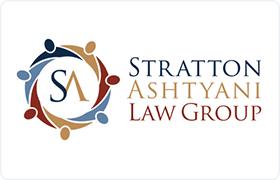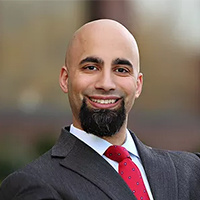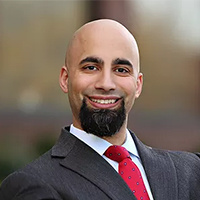Ramsey Estate Lawyer, New Jersey
Sponsored Law Firm
-
 x
x

Click For More Info:
-
Stratton Ashtyani Law Group
795 Franklin Avenue Suite 206 Franklin Lakes, NJ 07417» view mapEstate Law Dedicated To Helping Families Plan
Our attorneys are experienced litigators who understand the importance and efficiency of preventing litigation through proper planning.
800-706-9810
Nima Ashtyani
✓ VERIFIEDEstate, Business Organization, Nursing Home, Real Estate, Power of Attorney
Nima specializes in litigation, mediation, and arbitration in with a focus towards elder law matters. He is a Graduate of Seton Hall University School... (more)
Janet P Gerard
✓ VERIFIEDResidential Real Estate, Power of Attorney, Prenuptial Agreements, Estate
Janet Gerard is a practicing lawyer in the state of New Jersey handling Real Estate and Estate matters.
Anthony J Gianni
Real Estate, Estate, Divorce & Family Law, Accident & Injury
Status: In Good Standing Licensed: 58 Years
Mark J. Schildkraut
Litigation, Estate Planning, Criminal, Business & Trade
Status: In Good Standing Licensed: 27 Years
Nicholas Stratton
Estate, Residential Real Estate, Foreclosure, Nursing Home, Elder Law
Status: In Good Standing
FREE CONSULTATION
CONTACTDavid R Bruins
Military & Veterans Appeals, Commercial Real Estate, Estate Planning, Administrative Law
Status: In Good Standing Licensed: 42 Years
Paul D'Alessandro
Divorce & Family Law, Real Estate, Traffic, Estate, Collection
Status: In Good Standing Licensed: 40 Years
 Nima Ashtyani Franklin Lakes, NJ
Nima Ashtyani Franklin Lakes, NJ Practice AreasExpertise
Practice AreasExpertise


